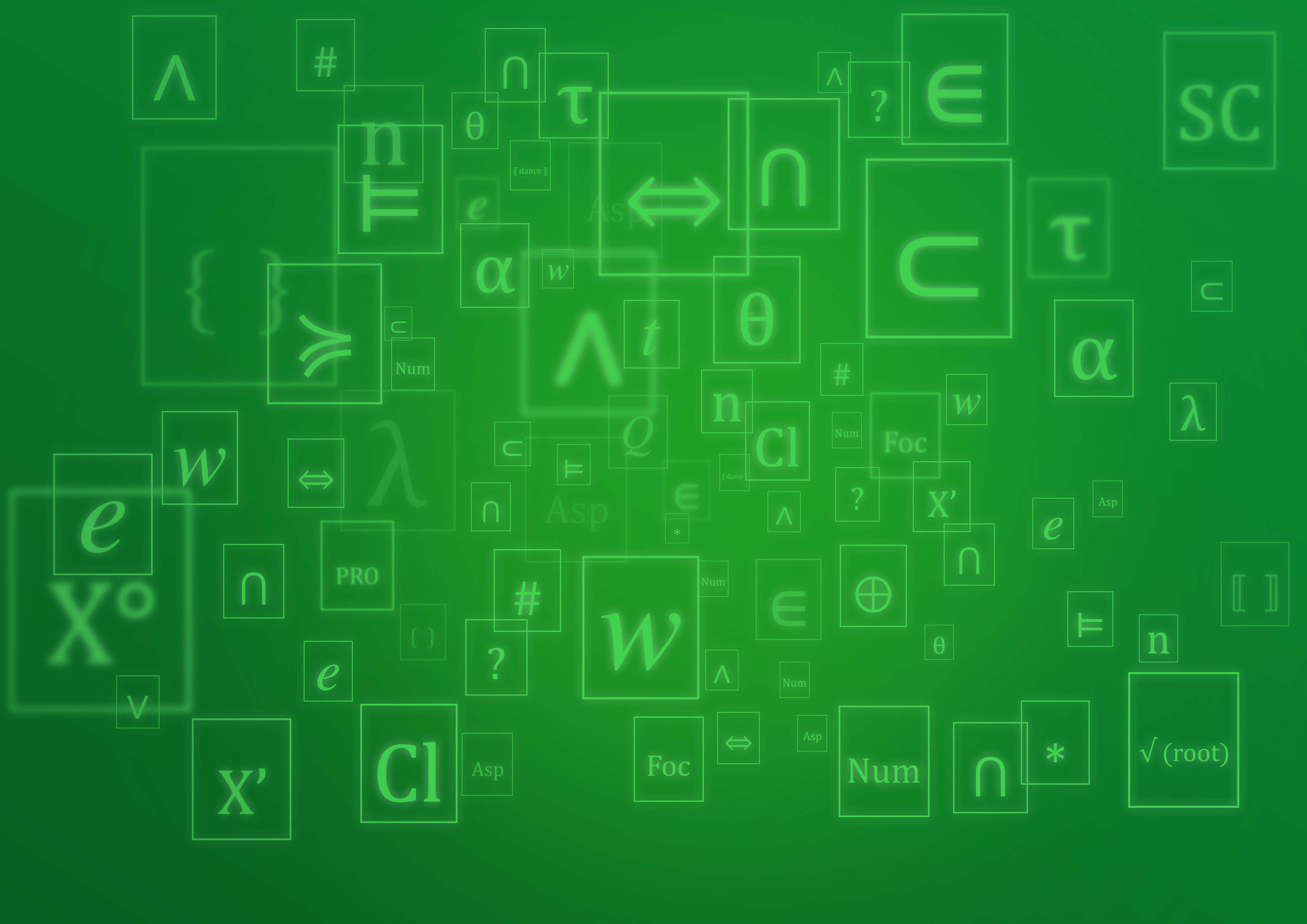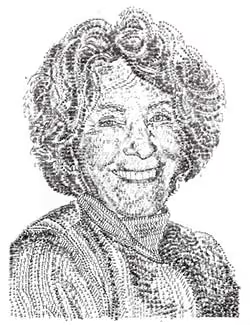
A theory of ontology is an answer to one of the oldest questions of humanity, namelyWhat is there? This answer can, however, take different forms depending on whether oneconsiders what actually exists in the world—and which is not directly accessible—, whatexists in our perception of the world—which is to a large extent shared—, or rather whatexists in the ways in which we speak of the world—and which can vary greatly across thedifferent linguistic systems. We do not have much to say about the first dimension, i.e.that of foundational ontology. There is a metaphysical fact of the matter but what we thinkof it is inconsequential for a theory of language. The other two dimensions, however, areimportant because they are very closely related. Our mental concepts of what is in the world, that is, what exists almost universally in our perception, are very closely related tolanguage. There are two obvious reasons for that: we use language to talk about theseconcepts, and perhaps even more importantly, these concepts are in themselves thebackbone of our grammatical systems. Every language, through its grammatical system,forces the speaker to express particular distinctions that are in fact an answer to theontological question.
philosophy
psychology
plurality
gender
locations
predications
nominalizations
Isabelle Roy
Bridget Copley

